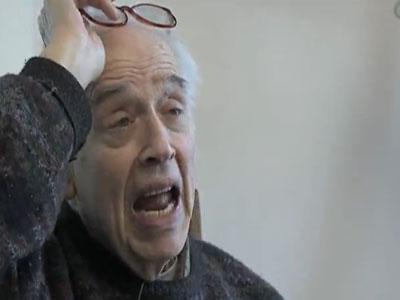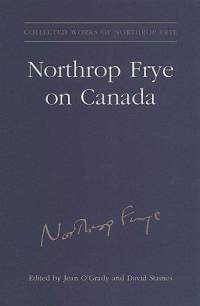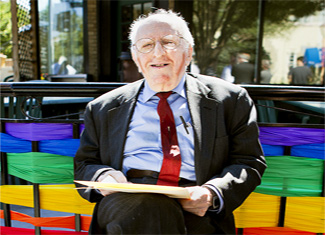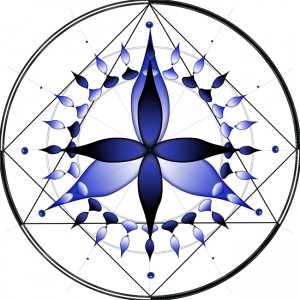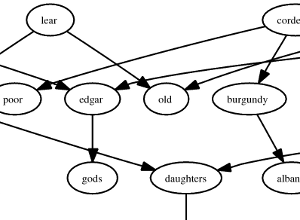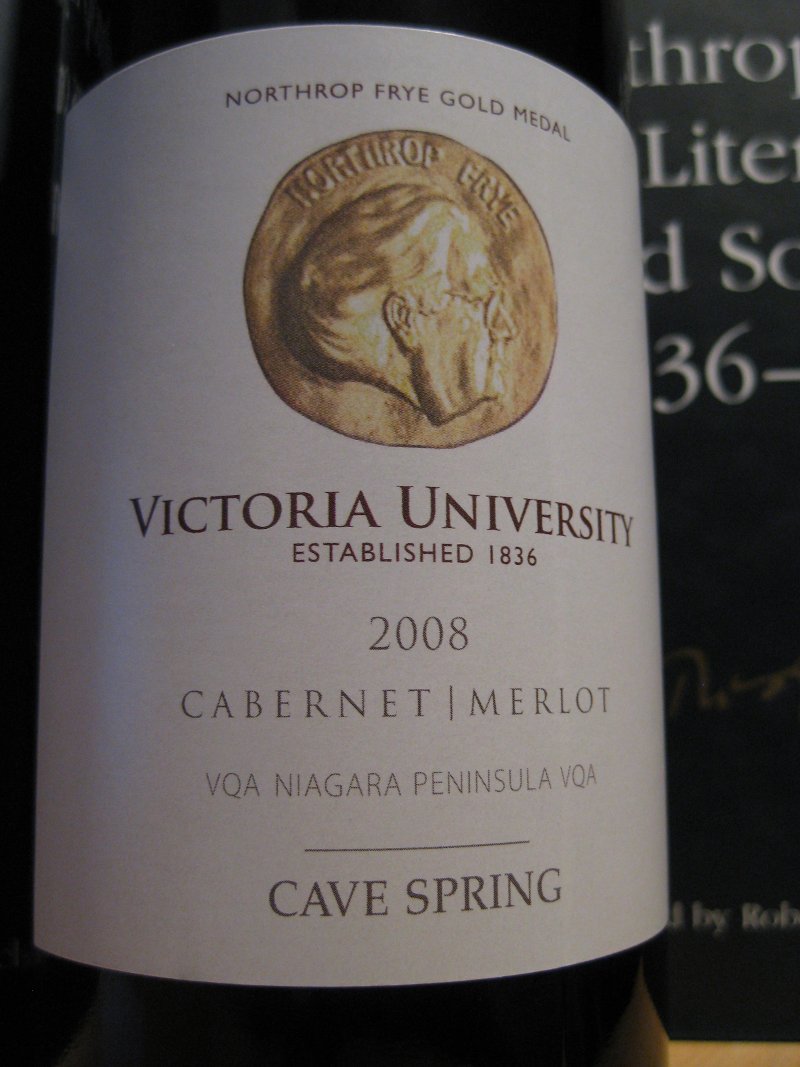
My husband Mike gave a talk last week to incoming U of T students associated with Victoria University.
The frosh cheered heartily when the Frye quotation Mike used flashed on the screen. The quotation was, “What [the university] does stand for is the challenge of full consciousness.”
He was given a bottle of Northrop Frye wine. On the back of the bottle, it says:
“From its founding, Victoria was steadfastly dry. In 1971, a motion
to apply for a liquor license was brought to the Board of Regents,
whose chairman said he would resign if it passed. Legend has it that
members sat on their hands until Northrop Frye (Vic 3T3, Emm 3T6)
raised his in support. The Board passed the motion and the rest
followed.”
This wine seems to be available for purchase through Victoria University Hospitality Services.
